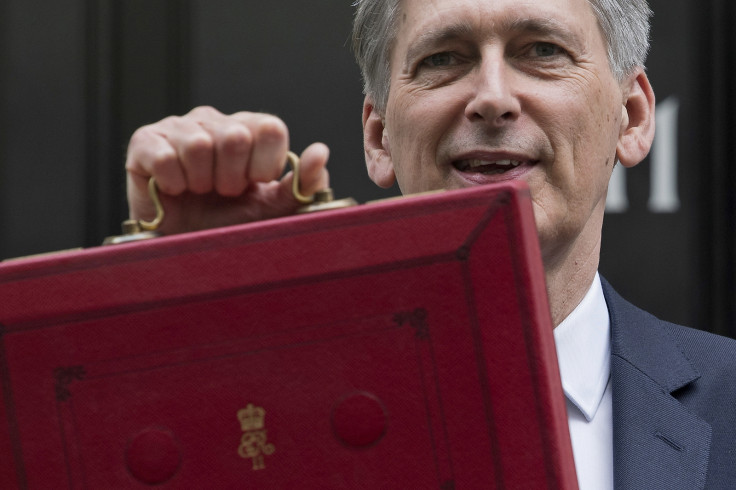Budget 2017 key points: Big changes to national insurance and social care
Chancellor Philip Hammond said there was "no room for complacency" despite improved economic forecasts.
Chancellor Philip Hammond announced major changes to national insurance contributions and funds for social care as he delivered his first Budget on Wednesday 8 March.
As he took to the despatch box in the Commons, he said that there was "no room for complacency" despite improved economic forecasts.
He promised to give the UK a "strong and stable platform" for its Brexit negotiations.
He unveiled forecasts for higher growth and lower borrowing but said the UK's deficit was still high, and productivity "stubbornly low".
National insurance contributions
One of the headline moves was changes to national insurance contributions.
To tackle the disparity between those who are employed and self-employed, the Chancellor announced that the main rate of Class 4 National Insurance contributions are to increase from current rate of 9% to 10% in April 2018 and to 11% in April 2019, raising £145m a year by 2021-22. He said it would cost at an average of 60p a week for those affected.
Hammond pointed out that an employee on £32,000 a year paid £6,170 in NICs. But a self-employed worker on the same salary paid just £2,300 in NICs.
This came despite a 2015 Conservative party manifesto pledge which committed to no increases.
A reduction in the tax free dividend allowance
Also from April 2018, the chancellor announced a reduction in the tax free dividend allowance from £5,000 to £2,000. The change could mean a boost for pensions and ISAs. The dividend allowance means there is no tax to pay on the first £5,000 of your dividend income, no matter what non-dividend income you have.

Changes in business rates
An issue that has been rumbling for a number of weeks has been the changes in business rates, a number of MPs including some Conservatives had raised concerns to the Local Government secretary Sajid Javid.
To help with this issue, the Chancellor announced a consultation into the changes to alleviate the impact of increased business rates on many of the 500,000 firms facing them, following the government's first re-valuation of commercial property values since 2010.
He announced three measures to help those concerned about the changes. Firstly there will be a cap of £50 a month increase on rises in business rates on those set to lose out. More than 90% of pubs will receive a £1,000 discount on their rates. Finally there will be a £300m fund to deliver relief for individual businesses which will be allocated by local authorities.
The Regions
For the regions, the Chancellor said that the Budget will bring about an extra £350m for Scotland, £200m for Wales, and £120m for Northern Ireland.
Free schools
He also announced funding for a further 110 free schools on top of the current 500 schools. He said that all the funding plans for school would help the future workforce and that "talent alone should determine opportunity."
Social care funding
One key announcement was £2bn for social care funding over the next three years to help take the growing strains on the NHS.
He also confirmed a Green Paper on social care later this year – "those options do not include exhuming labour's hated death tax."
To help A&E departments he announced a £100m fund for triage projects in hospitals which would me made immediately in time for next winter.
Also in the Budget:
A new minimum excise duty on cigarettes based on a packed price of £7.35.
Transport spending of £90m for the North and £23m for the Midlands to address pinch points on roads
£270m for new technologies such as robots and driverless vehicles, £16m for 5G mobile technology and £200m for local broadband networks.
Annual borrowing £51.7bn in 2016-17, £16.4bn lower than forecast. Borrowing forecast to total £58.3bn in 2017-18, £40.6bn in 2018-19, £21.4bn in 2019-20 and £20.6bn in 2020-21.
© Copyright IBTimes 2025. All rights reserved.






















